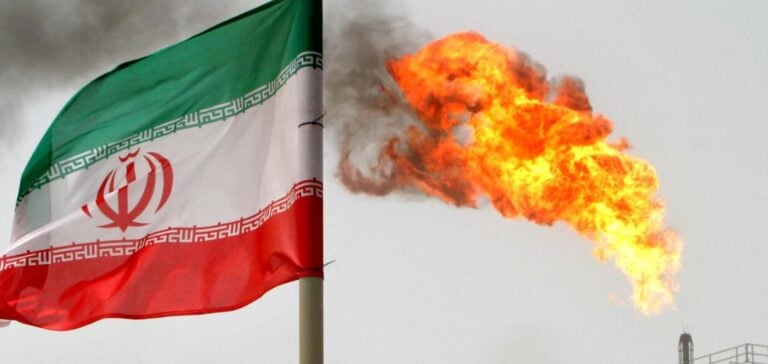Iran’s economic council, chaired by interim president Mohammad Mokhber, has approved a plan to increase oil production to 4 million barrels per day (mb/d). Current production is estimated at 3.6 mb/d. Implementation of this plan should generate an additional $7 billion in revenue by March 2025. Iranian Oil Minister Javad Owji said in November that production had reached 3.4 mb/d, although OPEC and IEA (International Energy Agency) estimates put it at 3.1 mb/d last September.
Background and challenges
Since the end of 2020, Iranian oil production and exports have increased despite US sanctions. Iranian oil exports reached $35.87 billion last year, according to the head of the Iranian Customs Administration, Mohammad Rezvanifar. However, lack of investment capital and sanctions continue to limit Iran’s ability to increase its oil and natural gas production. Despite these obstacles, the Iranian authorities remain optimistic about increasing oil production. According to Vortexa data, oil exports averaged 1.56 million barrels per day in the first quarter of this year, the highest level in six years. Last year, Iran exported an average of 1.29 million barrels a day, an increase of 50% on the previous year.
Development projects and future prospects
Iran recently signed oil development projects worth a total of $13 billion, aimed at adding 350,000 barrels to its daily production. According to former Oil Minister Bijan Zanganeh, production could reach 7 million barrels per day in less than ten years, requiring an investment of $70 billion. These projects demonstrate Iran’s commitment to strengthening its position in the global oil market despite persistent challenges. The successful implementation of these plans will depend on Iran’s ability to attract foreign investment and navigate the complex landscape of international sanctions. The Iranian authorities remain confident that the measures taken will enable a significant increase in oil production and exports in the coming years.
Economic and strategic impact
Increased oil production will have a significant impact on the Iranian economy, boosting revenues and improving the balance of trade. It will also strengthen Iran’s strategic position in the global energy market. Increased exports could also contribute to greater economic stability and reduced dependence on economic sanctions. Increased oil production could also influence geopolitical dynamics in the region, strengthening Iran’s ability to negotiate with world powers and assert its role as a key player in the energy market.
Conclusion and reflection
Iran’s ambitious plan to increase oil production to 4 million barrels per day represents a significant step forward in the country’s energy strategy. Although challenges remain, including sanctions and the need for capital, Iran’s commitment to strengthening its production capacity and attracting investment is clear. Successful implementation of this plan could transform Iran’s energy landscape and strengthen its position on the world market.
The results of these efforts will depend on Iran’s ability to navigate a complex economic and political environment, but the prospects for growth and development remain promising.






















